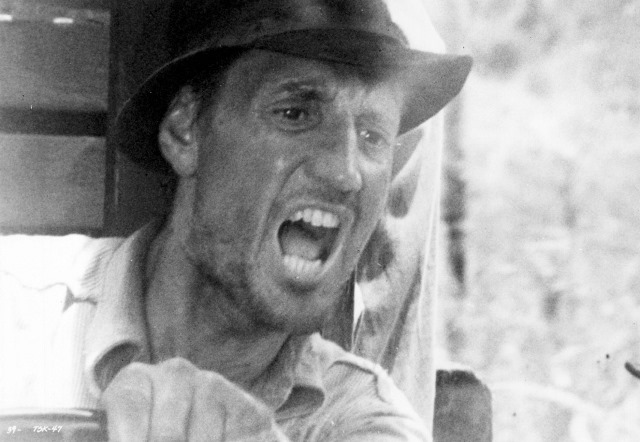 The Melbourne Writers Festival is upon us and I’ve got a a few slots in the program I wanted to pull on your coats about.
The Melbourne Writers Festival is upon us and I’ve got a a few slots in the program I wanted to pull on your coats about.
This coming Wednesday, August 27, I’ll be in conversation with crime writer, Adrian McKinty at St Kilda Library. I have written a bit about McKinty on this site, including reviews of his books Falling Glass, and his Shane Duffy trilogy, The Cold, Cold Ground, I Hear the Sirens in the Streets, and In the Morning I’ll Be Gone, and his latest stand alone, The Sun Is God, and I’m looking forward to talking with him in person.
It’ll be a pretty relaxed affair and it is free. Proceedings will kick off at 6.30pm.
Also, join me on August 30 at the Ian Potter Centre, NGV Australia, Federation Square, for a walk down the dimly lit back alleys of the lost world of Australian pulp paperback publishing.
For a few decades in the second half of last century, Australia’s pulp scene burned brightly with tales of jaded gumshoes, valiant servicemen and women, sexually bored housewives, jazzed up beatniks, daring spies, and violent youth gangs.
It was disposable fiction, designed for a coat pocket or bag, to be read quickly, and discarded.… Read more























